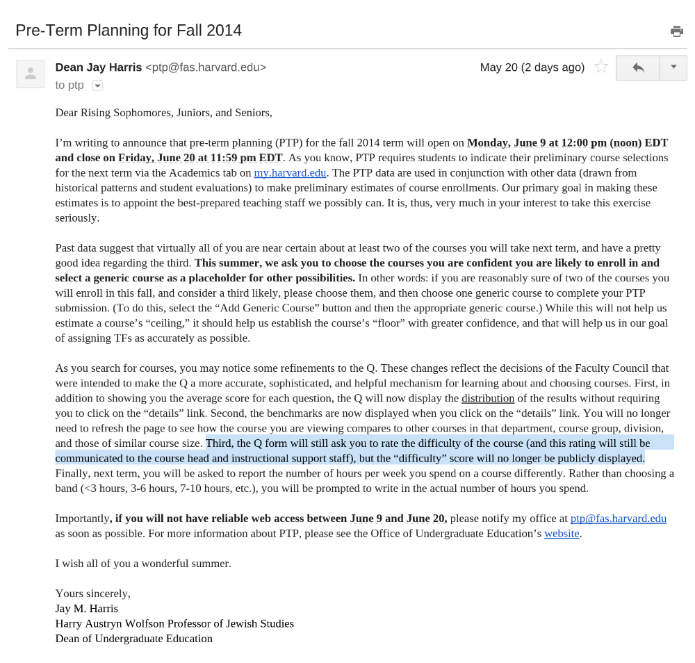The Manxome Foe
At work, for the past week or so, I've been wrestling with a complicated-ish thing, born of a conversation over lunch about something completely different, and taking me deep into some statistics and algebra that I don't really understand (yet). It's awesome.
But (more than once), I've been explaining the thing to someone, and had them offer helpful advice: "Isn't this problem basically [this simpler thing]?" My response has consistently been along the lines of "No, of course not! Can't you see that it's obviously more complicated than that?" I even had a version of this exchange with myself recently, where I thought for a moment that it was actually trivial after all, and then (with some relief) reminded myself that it was, in fact, hard. Whew, what a relief.
...except that, if the point was actually to solve problems in the world, that's entirely the wrong attitude to take. This problem either:
- actually isn't complex, in which case rooting for it to be harder is pretty useless
- actually is complex, in which case rooting for it to be even harder is pretty useless
This isn't academia, where pretending that the problem you've got a solution to is actually Really Quite Hard is a good thing, since you can then wow people by solving it. I'd like to think that I'm in the business of actually solving problems -- and to do that, I can't take sides on whether it's hard or easy. Either way, the only thing to be done is to do it. If it's easy, do it fast and get something harder.

Now, it's true that discretion is the better part of valor,



